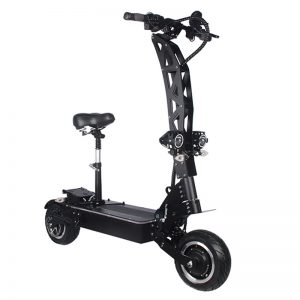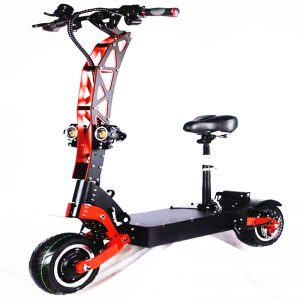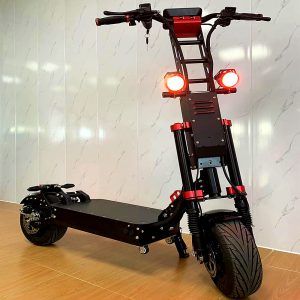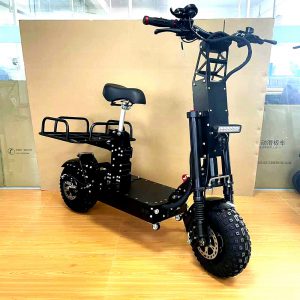Scooter: a simplified way to get around
Scooters, also known as scooters or electric scooters, are an increasingly popular form of transportation in cities and rural areas. They have won the favor of many users for their convenience, environmental protection and flexibility. This article will delve into the history of scooters, their types, usage scenarios, and their impact on the environment and society.
Scooter’s History
The concept of scooters can be traced back to the 1950s, when this form of transportation could be seen on many streets in China. However, it was not until the early 21st century that scooters began to truly become popular, thanks to technological advancements and rising environmental awareness.
With the development of electric vehicles and autonomous driving technology, the design and manufacturing of scooters have also undergone tremendous changes. Modern scooters not only have longer range, but they can also be driven safely in all weather conditions. In addition, many scooters are equipped with advanced navigation systems and anti-theft equipment, which greatly improves the user’s travel experience.
Types of Scooter
According to different power sources, scooters can be divided into electric scooters and fuel scooters. Electric scooters are powered by batteries and do not require refueling, making them environmentally friendly and economical. Fuel scooters, on the other hand, rely on fossil fuels and are faster but more polluting.
According to different usage methods, scooters can be divided into one-wheeled scooters, two-wheeled scooters and four-wheeled scooters. Unicycle scooters are simple in design and easy to operate, but have poor stability. Two-wheeled scooters have good stability and are suitable for long-distance riding, but they require certain skills. Four-wheel scooters are somewhere in between, providing a stable driving experience and adapting to complex road conditions.
Scooter usage scenarios
The emergence of scooters has greatly expanded people’s travel methods. Whether it is office workers commuting during peak hours, students taking short trips on campus, or even seniors shopping and leisure, scooters can provide a convenient and economical solution. More importantly, scooters can effectively relieve urban traffic pressure, reduce air pollution, and promote sustainable development.
Scooter’s influence
Scooters have a profound impact on society and individuals. First, it is an effective supplementary tool for public transportation that can help solve the city’s traffic congestion problem. Secondly, scooters are an environmentally friendly way of traveling that can reduce carbon emissions and other harmful emissions. Finally, scooters can improve people’s quality of life and provide them with more convenience and fun.
However, scooters also present some challenges. For example, how to ensure the safe use of scooters? How to prevent scooter from being stolen? How to manage a large number of scooters in the same area? These problems require the joint efforts of governments, enterprises and communities to solve.
in conclusion
Overall, scooters are a unique means of transportation that combine modern technology and environmentally friendly concepts, making them both practical and stylish. Despite some challenges, scooters will undoubtedly bring more possibilities and opportunities to our urban lives as long as we manage and utilize them properly. Let us look forward to scooters playing a greater role in the future and bringing more convenience and fun to our lives.




